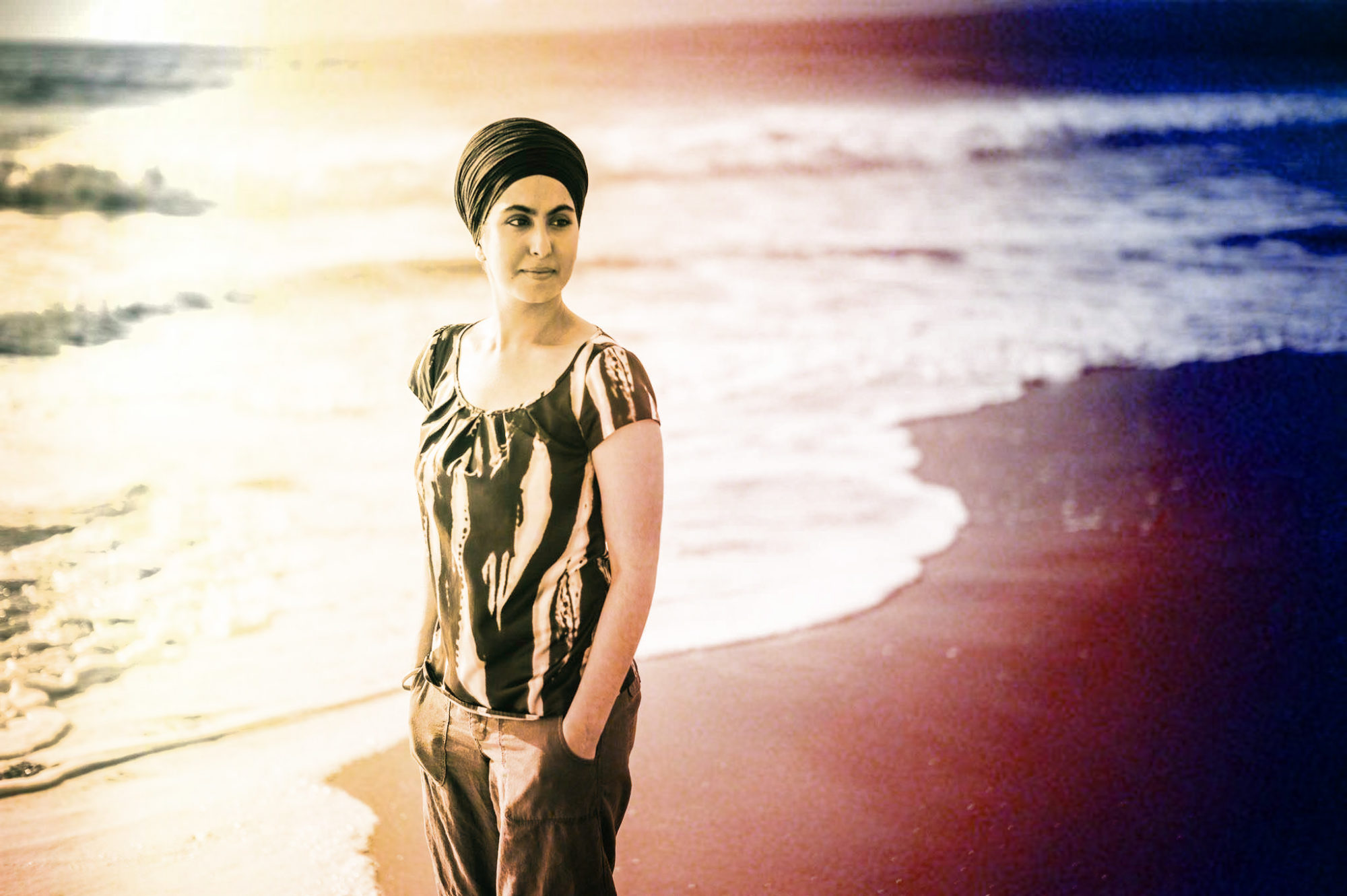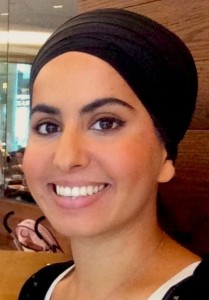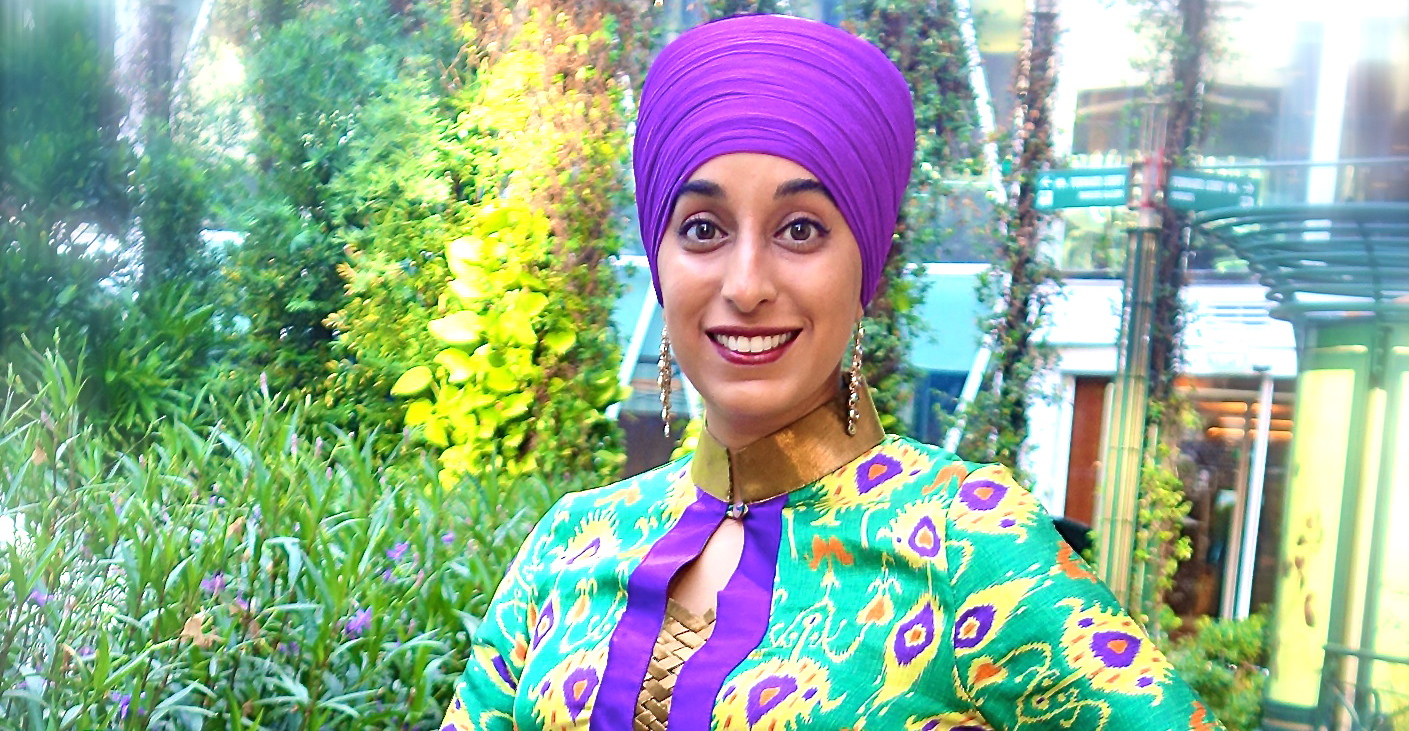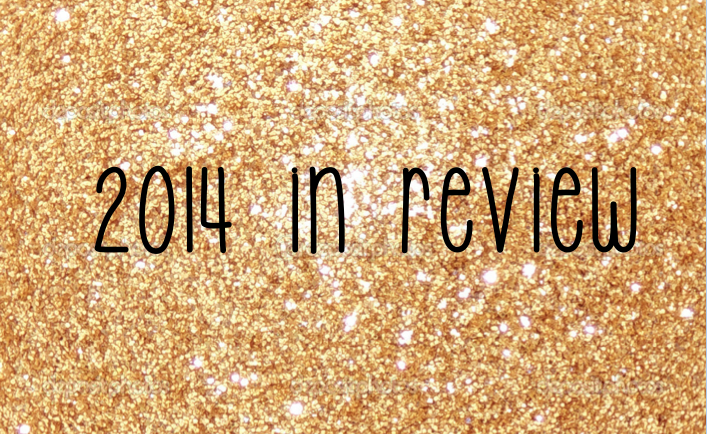College classes have just started, and for many students that means the anxiety of figuring out a major, or declaring a major. If you’re a senior, it’s the job search that makes you sweat. Some may not have a clear idea on what career they want to pursue. Personally, I didn’t find a path that “clicked” until I was 28! It must run in the family because my dad didn’t become a medical doctor until he was 40!
Often times a lot of us just aren’t aware of all the career options out there!
So, in an effort to highlight non-traditional career paths and to inspire Kaurs to explore different educational and job options, Kaur Life is starting a new series called “Kaur Careers.”
Our first Kaur Career that we’ll be exploring is speech-language pathologist.
Occupation: Speech-Language Pathologist
Education: Bachelor’s Degree in Neuroscience, French, Linguistics. Master’s Degree in Speech-Language Pathology at the University of Toronto.
Describe what you do:
In a nutshell, ever watch Oscar nominated “The King’s Speech”? Although we may not use all those strategies to help someone who speaks with a stutter, I basically work with kids and adults who have various communication difficulties like the King had in that movie.
And have you ever wondered how children learn to talk? They go from being able to coo and babble, to stringing words together into sentences. They can say a lot about what they love to do and see. But not every child develops this ability to describe what’s going on, make a request when they want something, or protest when they don’t want something.
It’s also really amazing how an infant goes from making some very adorable sounds (and faces!), to eventually bunching his/her tongue into a ball to make the “R” sound — pretty cool how our brains learn these things through an interaction of hearing and seeing others speak, to being able to do it itself (mirror neurons ftw). But not every child develops sounds in the same order, and some kids even start distorting sounds when they speak, often rendering puzzled expressions from adults who have little to no idea of what their kid is saying. Frustrating for an adult when we try and communicate something and are not being heard? It’s can also be frustrating for kids.
Here’s where a Speech-Language Pathologist (S-LP) comes in. I assess speech (pronunciation) and language (words, sentence structure, meaning, relevance to topic), and if there is a delay in these areas, therapy can be provided. An S-LP can work closely with a Communication Disorders’ Assistants, teachers, parents, daycares, and nannies, to coach everyone in using the strategies to help improve the child’s speech and language,.
I currently work with students who have developmental disabilities, helping them achieve their optimal communicative abilities, by talking, or by using picture boards, visual schedules, voice output devices, etc.
An area of S-LP that a lot of the public may not be aware of is the assessment and treatment of swallowing disorders, particularly after an operation, accident, stroke, or other medical injuries. It has been very humbling to help an adult read and understand an email again, express their love to friends and family, or be able to understand and follow through with instructions such as getting to the grocery store, buying what they need, and safely returning home.
For more information on the roles of an S-LP, please visit: What do speech pathologists do? or Public Speech
When and how did you realize this was the career path for you?
At some point in my undergraduate years, I realized that a Bachelor’s degree in Science was not as promising as I had originally thought. Friends of mine ended up working part time in research labs, but I knew I really wanted to work directly with people. So when I started researching health sector careers, I discovered speech and language therapy, and thought to take a linguistics course to test out the waters. And I loved it.
It was a natural fit for me. I had always been fascinated by accents when I was a kid, and so learning about how the brain provides these complex signals to various parts of our lips, tongue, cheeks, throat, in such a coordinated and timely way, was way too fascinating to overlook. And knowing that I could help people communicate their thoughts and ideas through verbal (talking) or non-verbal (gestures, alternative communication techniques) I just knew that I would be happy doing this kind of work.
What do you enjoy about your job the most?
Helping people realize they have a voice. Not just a physical voice and ability to articulate clearly, but that they can use these abilities and (non-verbal methods) to express their thoughts and ideas, and realize autonomy of mind.
Considering it is nontraditional, what were your parents’ reaction? How did you deal with their response?
Heck I don’t think anyone in my entire family really knows what I do. But it’s also perhaps because it’s not a well known career in the wider community. If you break your leg, you know you go to a doctor and then perhaps a physiotherapist to help you walk again. But if you don’t know how to speak, there is a common misunderstanding that that person isn’t very intelligent, or that there is little rehabilitation for speech errors.
With that said, there was some resistance before getting into grad school – the common pestering that I should become a doctor and that my life (aka marriage potential) would be better off and that I would be much happier… but I dealt with that reaction through optimism by continuing to pursue a career that I was passionate about and that was right for me. My parents eventually saw how happy I was, and that I could make a positive difference in helping people communicate. That joy became enough for them, to see that this career choice was enough for me.
 How do balance family and work and hobbies?
How do balance family and work and hobbies?
I’ll admit that the first couple of years of work were not easy in creating the work life balance. As a new graduate, I strived to learn and accomplish everything under the sun, often finding myself working more hours in a week than that actually existed.
Part of it was learning the ropes; part of it was that work didn’t feel like “work”. I loved what I was doing, and wanted to do it well. But overtime, it started to eat away at my health.
Eventually, I realized the importance of continuing to invest time and energy in to other areas of life, like friends and family. It not only gives you a richer appreciation of life, but a fresh perspective when you are ready to head back to the office. So now I turn off my phone and stop checking emails during family time, and schedule myself to hit the gym often enough to feel energized and healthy.
How do you feel Sikhi inspires your work?
I appreciate the question. I find it difficult to separate Sikhi from life however, to see it as an external source of inspiration to support my life decisions. Sikhi is an internal concept that provides me with an ever growing source of inspiration in my daily life.
Sikhi allows me to live a reflective life, and to be present in this wonderfully rich moment; and to make clear, logic-based decisions embellished with the spirit of my heart. I think this way of thinking is a good starting point for anyone who wants to do anything. This way of life has inspired me to learn with passion, and it continues to fuel my search for greater speech-language assessment and treatment methods.
What elements of Sikh values are in your work?
Seeing the Divine in all people, places, things has inspired me to become more patient when I am not understood by colleagues (including parents), to be more dedicated when working directly with children and patients, and to be more thankful for the role I can play, while I can play it.
What lessons have you learned about Sikhi through your work?
Work isn’t a job; it isn’t even a career. It’s what you’re doing with the hours of your life, so make them count.
What advice do you have for young Kaurs who are unsure of what career they should pursue?
Everyone says do something that makes you happy. Being happy is a relative term. I would say pursue a career that gives you your individual sense of contribution to this world. How are you, in whatever capacity you choose, playing a role to improve the world at whatever scale you choose: the home, community, society, or the world. Maybe your career falls into all of those categories. Finding a sense of belonging in the operations of society can be more rewarding beyond any job title, pay-check, or societal prestige.
The above photo is by Made By KG





